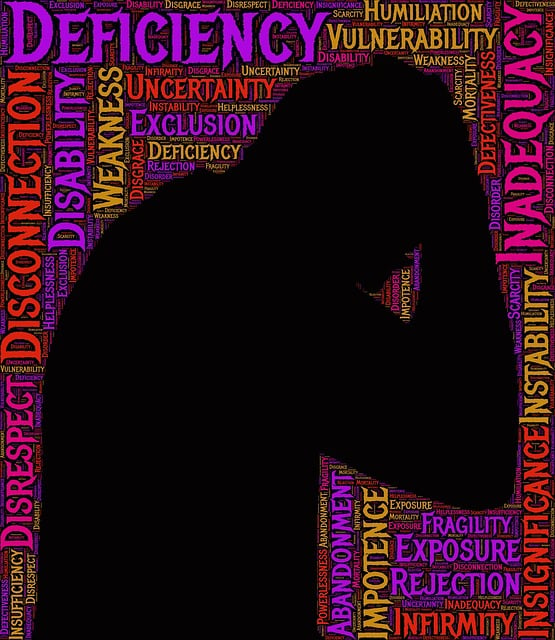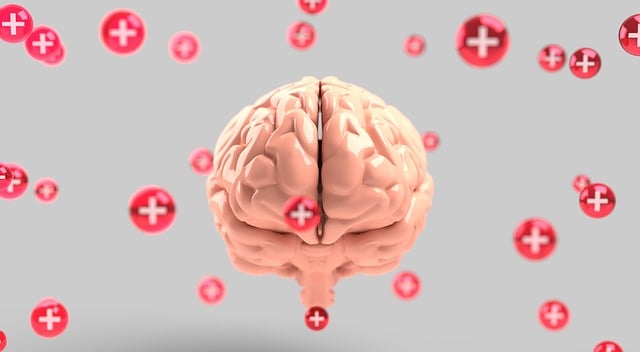Substance abuse is a complex issue requiring a multi-faceted approach, focusing on understanding cause and risk factors such as environmental influences and mental health conditions. Prevention strategies include mental health awareness, conflict resolution skills, and tailored wellness coaching. Early intervention through education, counseling, and peer support groups in Wheat Ridge Eating Disorders Therapy can deter harmful behaviors and promote recovery for individuals struggling with addiction and co-occurring mental illnesses. Support systems and healthcare provider well-being are also crucial aspects of effective substance abuse prevention and treatment.
Substance abuse poses significant risks, impacting physical and mental health, relationships, and overall well-being. This article explores comprehensive risk reduction strategies, focusing on understanding substance abuse, its dangers, and evidence-based solutions. We delve into prevention and early intervention techniques, highlighting their crucial role in deterring abuse. Additionally, effective treatment approaches and supportive systems are examined, emphasizing the importance of access to quality care, such as that offered by Wheat Ridge Eating Disorders Therapy, in fostering recovery and mitigating future risks.
- Understanding Substance Abuse and Its Risks
- Strategies for Prevention and Early Intervention
- Effective Treatment Approaches and Support Systems
Understanding Substance Abuse and Its Risks

Substance abuse is a complex issue that impacts individuals and communities across all demographics. Understanding its root causes and risks is paramount in developing effective prevention strategies. Substance abuse refers to the harmful use of drugs or alcohol, leading to dependence, addiction, and a host of physical and mental health issues. The consequences can be severe, affecting not just the abuser but also their family, friends, and broader society.
Risk factors vary from person to person but often include environmental influences, genetic predisposition, and underlying mental health conditions. For instance, individuals struggling with eating disorders in Wheat Ridge may turn to substances as a coping mechanism. Enhancing Mental Health Awareness and providing accessible Conflict Resolution Techniques can be pivotal in preventing abuse. Additionally, developing tailored Mental Wellness Coaching Programs can offer support and guidance for at-risk individuals, fostering a healthier relationship with substances and promoting overall well-being.
Strategies for Prevention and Early Intervention

Prevention and early intervention are key strategies in reducing substance abuse. By focusing on these stages, individuals can be empowered to make healthier choices before engaging in harmful behaviors. Schools, communities, and healthcare providers play vital roles in implementing prevention programs that educate people about the risks associated with substance abuse. These initiatives aim to foster resilience, especially among youth, by promoting coping skills development and providing support for mental illness stigma reduction efforts. Early identification of at-risk individuals is crucial; through various interventions, such as counseling and peer support groups, those showing signs of substance misuse can receive timely assistance.
Wheat Ridge Eating Disorders Therapy offers valuable insights into risk management planning for mental health professionals. This approach encourages a proactive mindset, enabling practitioners to guide clients towards healthier alternatives. By integrating these strategies into their practices, mental health professionals can contribute to the overall goal of reducing risks and improving well-being, not only for individuals struggling with substance abuse but also those facing other mental illnesses.
Effective Treatment Approaches and Support Systems

Effective treatment approaches play a pivotal role in risk reduction strategies for substance abuse. One such approach gaining prominence is Wheat Ridge Eating Disorders Therapy, which integrates specialized care with holistic healing practices. This comprehensive method not only addresses addiction but also underlying mental health conditions, fostering long-term recovery. By combining individual counseling, group therapy, and evidence-based techniques like mindfulness meditation, this treatment model empowers individuals to develop healthier coping mechanisms and enhance their overall well-being.
Support systems are equally crucial in mitigating substance abuse risks. Family members and friends often serve as a vital safety net, offering encouragement and guidance throughout the recovery process. Crisis intervention guidance programs equip these loved ones with the tools to recognize triggers, provide initial support, and connect individuals to professional help when needed. Moreover, healthcare providers can implement burnout prevention strategies, such as regular self-care practices and ongoing training in mindfulness meditation, to maintain their well-being and ensure sustained quality care for patients struggling with substance abuse and related disorders.
Substance abuse is a complex issue, but with comprehensive strategies, it can be effectively managed and prevented. By combining education, early intervention, and accessible treatment options like those offered by Wheat Ridge Eating Disorders Therapy, communities can reduce risks and support individuals on the path to recovery. Embracing these strategies is crucial in fostering healthier environments and improving overall well-being.














